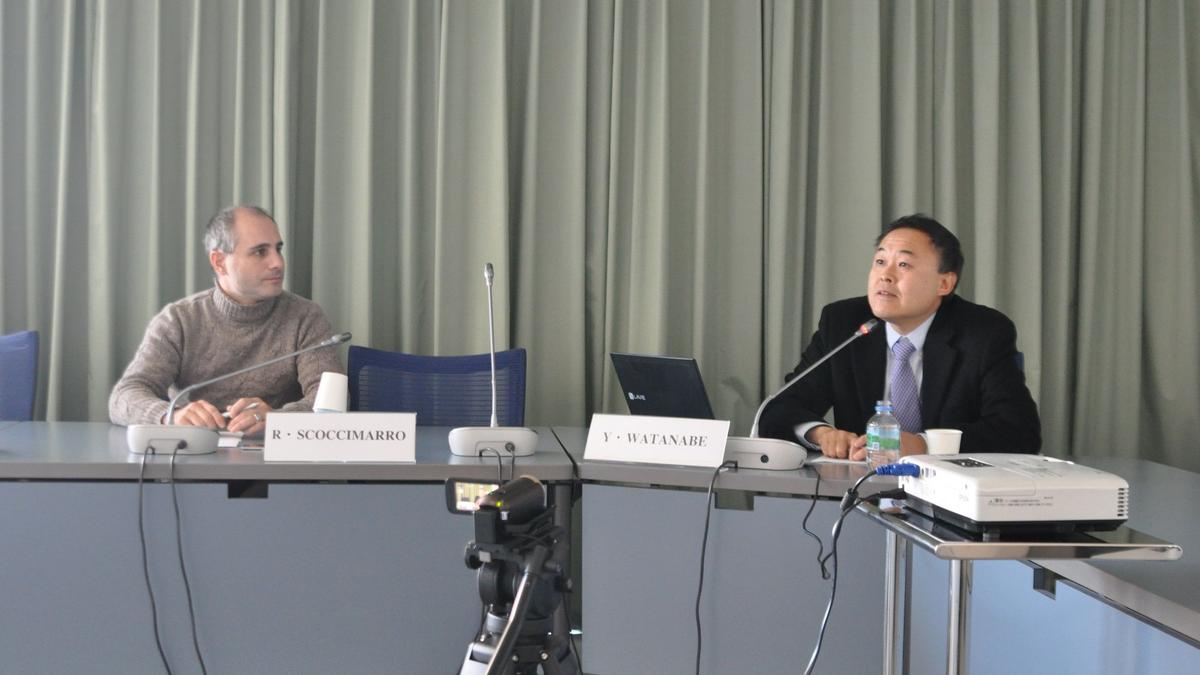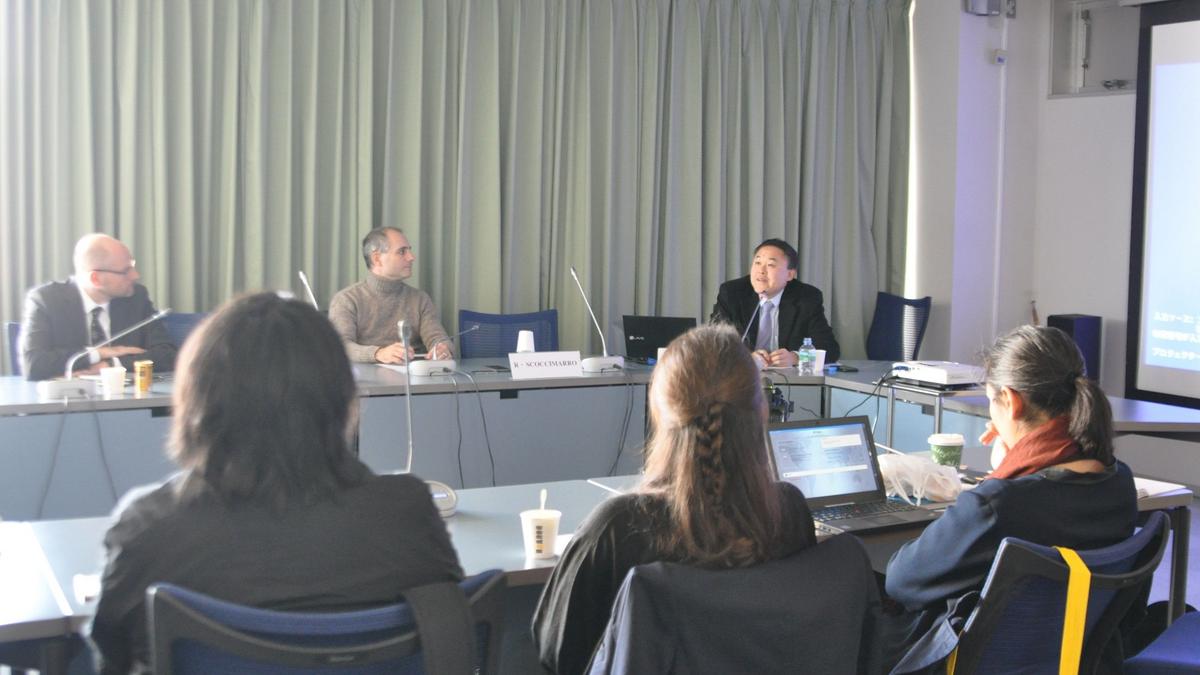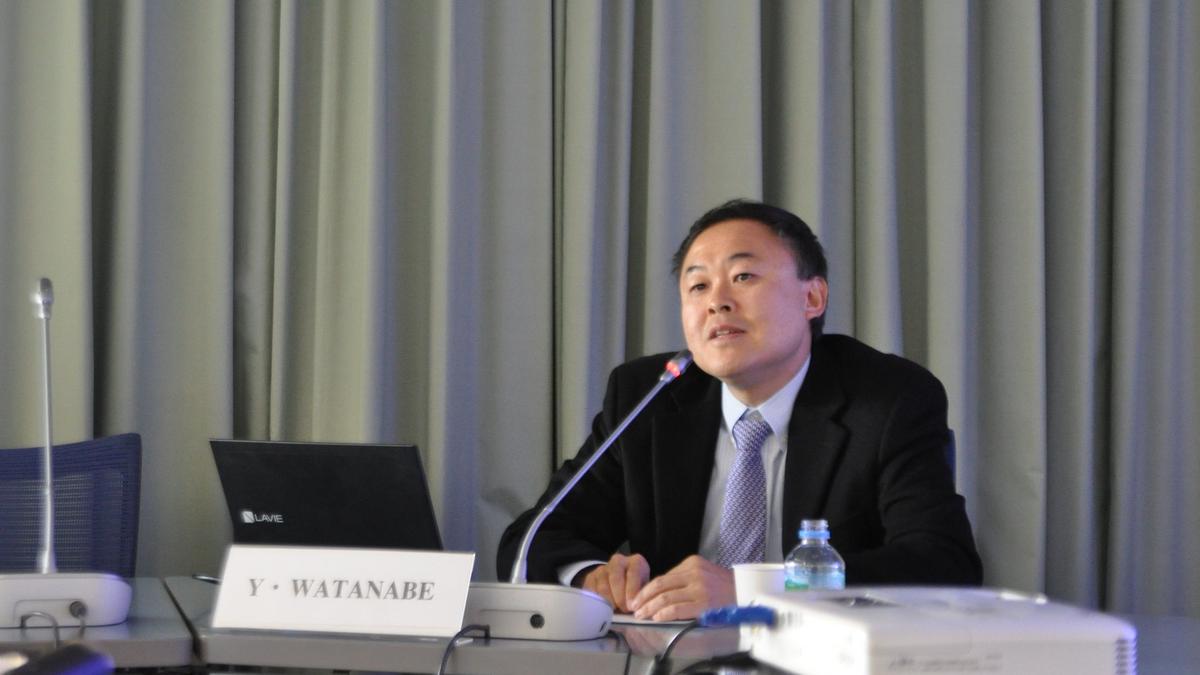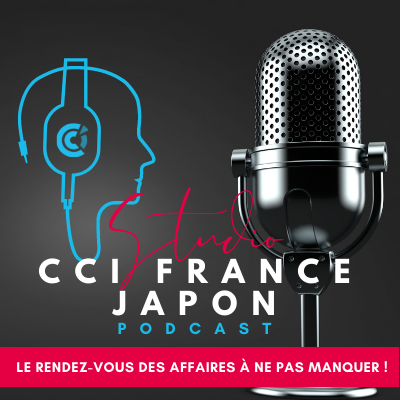Bilans d’évènement
The Politics of Japan’s Soft Power
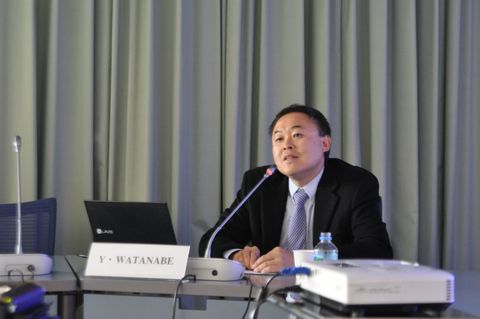
On November 17th 2017, the Maison Franco-Japonaise (Nichifutsu Kaikan), in collaboration with the French Chamber of Commerce and Industry in Japan, welcomed Yasushi Watanabe, professor of anthropology at the Graduate School of Media and Governance at Keio University. Professor Watanabe gave a presentation on Japan’s Soft Power in both past and present context.
Public diplomacy is the diplomatic efforts to wield soft power in order to “shape realities” and “win the hearts and minds” of the public’s opinion in a foreign country. The objective is to secure an optimal sociocultural environment in order to achieve policy goals.
For Watanabe, public democracy’s tools are divided into two types: slow and fast information. Fast information is all direct means of communication, policy advocacy or international broadcastings (channels like CNN or the BBC). Slow information is indirect and can be described as exchanges in the context of cultural diplomacy. Examples of cultural diplomacy include international seminars, languages teaching and learning, sport events or exported movies.
“Meta-soft power”, as defined by Yasushi Watanabe, is “the state’s capacity and introspective ability to criticize itself” and remain credible. Nowadays, it is difficult for countries to control their image and the information shared about them. Nation branding is seen as unrealistic by Watanabe. For some governments, international broadcasting should reflect the national interest and negative opinions should be muted. However, he thinks that in the context of a diplomacy, the media should have absolute freedom of opinion as most of the time it even gives a better image of the country abroad.
To better understand the evolution of Japan’s soft power, Watanabe gave a quick chronology of Japan’s public diplomacy. The first steps of Japan’s public diplomacy go back to 1867 at the Paris International Exposition, showing how early the government was conscious of the importance of diplomacy and representation abroad. Post-WWII, Japan faced “the challenge of transforming its reputation as a militaristic aggressor into a democratic, peace-loving nation”. Currently and after several phases, the country is acutely aware of the importance of being proactive in an international scene where passively signing checks is deemed not enough.
Now, Japan’s focuses include “Cool Japan”, a great asset to the country as; even if it doesn’t deal with hard issues, it has important merits on the long-term by attracting young people to Japan and its culture, Infrastructure Export Strategy for the international community with a focus on Asian countries, Peace and Human Security by sharing its experiences to help other countries facing dangers and natural disasters, and Liberal International Order in an unstable geopolitical world.
At the same time, Japan will have to face several challenges to his public diplomacy: historical issues with its neighbors, an aging and shrinking population, a struggling higher education system and a culture of audit with an increasing pressure on results. Global competition, especially from other Asian countries, is also increasing in fields like tourism, education, language and SNS.
Professor Watanabe congratulated diplomatic efforts that have already been made like those of former US President Obama and Prime Minister Shinzo Abe during their meeting at Pearl Harbor. He expressed hope that such events will be repeated with other countries. He concluded his presentation with another example of relations to be celebrated: a series of cultural events about traditional and contemporary Japan will take place in France, mainly in Paris, throughout 2018. The initiative, titled “Japonisme 2018”, is a joint effort to commemorate 160 years of diplomatic relations and is also a very timely demonstration of Japan’s soft power.
